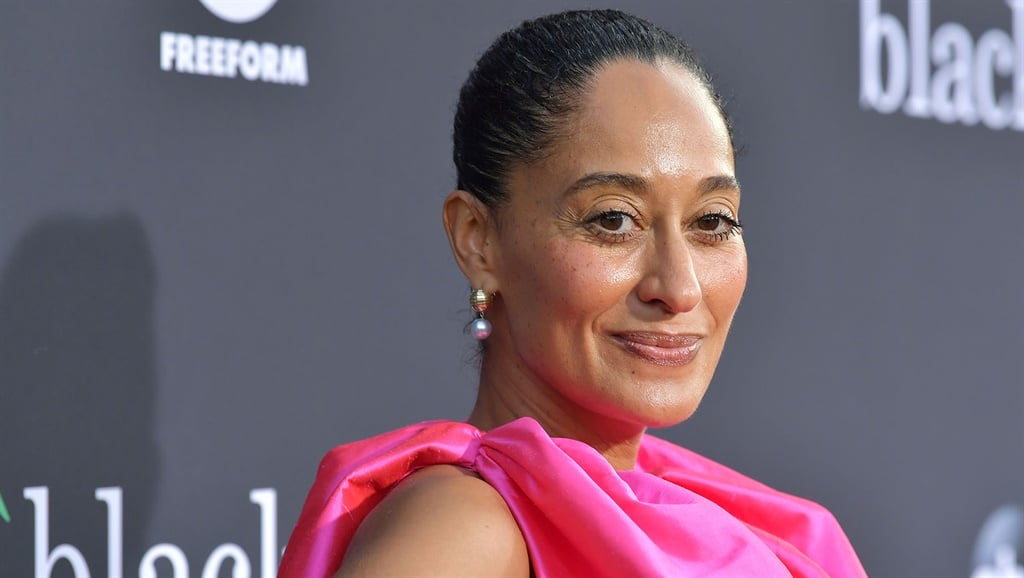
- Tracee Ellis Ross has said she’d love matrimonial bliss and motherhood, she has a whole lot to do.
- This isn’t just a Hollywood trend – more and more women are choosing to be child-free or forgo marriage.
- A Capetonian woman who got sterilised at 29 years old says she knew she will never want kids.
“I don’t want children. I knew this at 22 and at 29, I got sterilised.”
It’s not every day that one hears a statement like this from a South African woman, let alone a woman of colour. However, women are rejecting what society has expected of them.
One of the most controversial ways is by voluntarily not having children or deciding never to get married. And this is the epitome of a fulfilled and authentic life for Capetonian copywriter and freelance journalist, Carmen Williams.
She shares that, as a teenager, she thought she could be a mother one day. But it was only because she had learnt through society that it’s the “normal” thing to do. As she matured, though, she realised she didn’t have to fit into that mold and decided to take her own path.
Carmen may have taken a non-traditional stance about her life but society hasn’t fully embraced women’s right to choose not to exercise their reproductive potential or to forgo marriage.
For instance, in her research paper titled, Conceptualising Motherhood in Twentieth-Century South Africa, Professor Cherryl Walker addresses, among other things, respectability politics surrounding motherhood. She found that respect and authority are accorded to a woman by virtue of her role as a mother.
The research adds: “Men speak admiringly of the role their mothers play in their lives. These men appear to be prepared to acknowledge the power of women in a restricted situational and locational sense: women are powerful within the home and in situations involving the nurturing or protection of other people ... but there is often little respect for women’s power outside of this sphere.”
Given that, and the fact that South African culture largely promotes child-bearing and parenthood as desirable for social reasons and to ensure the continuance of humanity, why do women like Carmen choose a different path?
“I just woke up one day when I was 22 and realised that I don’t want this. There is nothing in me that wants to be a mother. The thought of being pregnant doesn’t appeal to me at all,” she tells TRUELOVE, adding that she is mentally ill and wouldn’t want to pass that on to a child.
“Plus, the effort and commitment to be a parent is a lot and it’s not a decision you take lightly.”
At 26, Carmen decided to get sterilised despite her family and friends believing that she’d change her mind later on.
“From GPs to my former psychiatrist, I was told I was too young to know what I wanted or that I’d change my mind when I meet the right man. I met a man that I love very much but I still didn’t want to have his babies and it was imperative that he knew that,” she shares.
“My mom also did not react well when I told her I was having the surgery. But I know for a fact that I don’t want children. I don’t even want to adopt.”
Doctors were unwilling to perform the procedure. Then, three years later, she met one who acknowledged her feelings and research on her decision. Eventually, at the age of 29, Carmen had the 30-minute tubal ligation surgery. Carmen is also not attached to the idea of marriage because it is conceptualised by our largely monogamous society.
“I don’t see myself married to anyone unless it’s [a] very unconventional marriage,” she says, adding that she is polyamorous.
“I don’t see myself being tied down to one person for the rest of my life … not that I wouldn’t be happy to find someone but, at the end of the day, that’s not the thing that’s going to give me happiness.”
What the research says
Research reveals that other women who choose a child- or marriage-free life share similar reasons as Carmen.
Primrose Bimha and Rachelle Chadwick explored heterosexual child-free women’s decisions and the ways in which they negotiate their identity in the context of pronatalist expectations.
In their study titled, Making the Child-free Choice: Perspectives of Women Living in South Africa, the most critical finding is that being child-free is a legitimate choice for South African women, despite the societal pressure to procreate.
For one of their research participants, Sihle, a 35-year-old lecturer, her family moved from being proud of her for not having a teen pregnancy to questioning why, at over 30, she still does not have a child.
Sihle explains: “In my own community and my immediate family, they were happy that I did not have a teenage pregnancy because they thought that was a good foundation for me to experience life and have a bright future. But now, they keep on saying, ‘maybe you’re next’ whenever I congratulate my friends and family when they have babies”.
The study found that South African women have a range of reasons for their child-free status. This includes past negative experiences with performing mothering duties for their extended families; the identification of mothering as disruptive to career-advancement goals; financial position; the absence of a suitable parenting partner; personality traits, and just a lack of desire to have children.
A psychological perspective
Registered counsellor Phumzile Ndlovu says society may judge a Black woman who doesn’t want children or marriage.
“Society might regard such a woman as being selfish. There is also the misconception that something might be wrong with you for wanting to go down this path,” says Phumzile.
However, she says these misconceptions should not deter women from being true to themselves because, for some women, there is a sense of freedom that comes with not being in a relationship or being a parent.
“There is freedom to explore interests and hobbies, focus on career or business opportunities, and learn and grow in things that bring them happiness,” she says.
“Taking this route can also be good for self-discovery and self-love.”
Constant pressure
Dineo Molokoane, a career coach and author of A New Becoming: A Guide to Personal Transformation, is all too familiar with the pressures women face as a consequence of their lifestyle choices.
“I think to a great extent, society still believes that being a Black woman who is married and has children is some form of success. But this is a fallacy. Unfortunately, it will be hard for society to accept this,” Dineo says.
“On the positive side, I believe it creates a much-needed opportunity for society to start questioning its own beliefs about Black women, marriage, and having children.”
Writing for medium.com, Vena Moore, a woman of colour who has chosen to be child-free, shares why she believes she’s chastised for her choice.
Vena says: “The reason that my independence and refusal to have children is so off-putting to people is that, as a Black woman, it’s believed that my only purpose in life is to be a mule and to perform emotional and physical labour for others at the expense of myself.”
On coping with society’s expectations of womanhood, women use various strategies to negotiate pronatalism in their everyday lives. This includes playing along, remaining passive, or actively adopting a pro-child-free stance and resisting dominant pronatalist sociocultural assumptions. Dineo says women should be empowered to make their own choices.
“Every woman’s life is her own responsibility. She has the right and privilege to make her own choices and decisions in life. And no one can take that away from them.”











